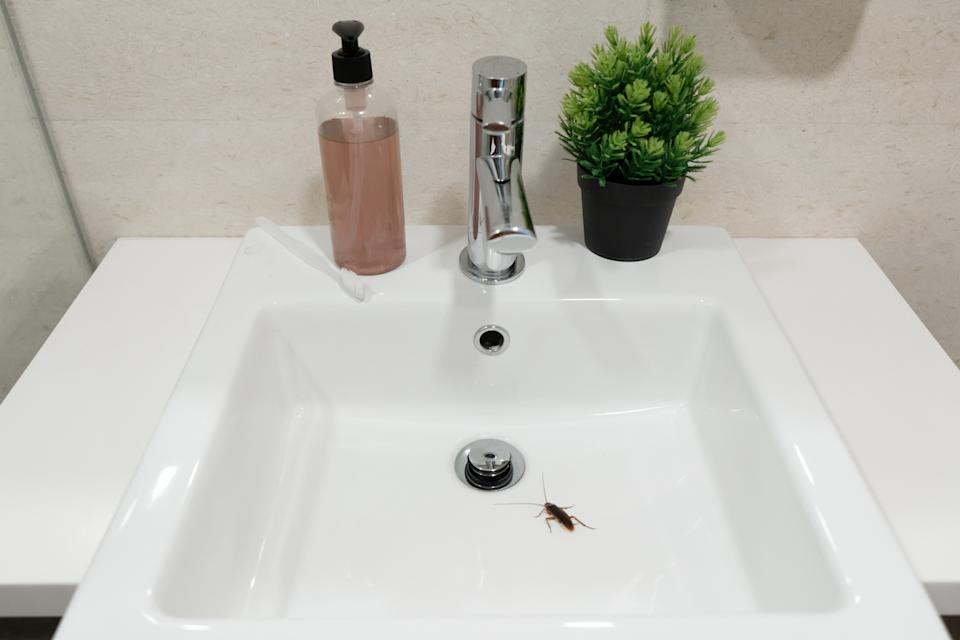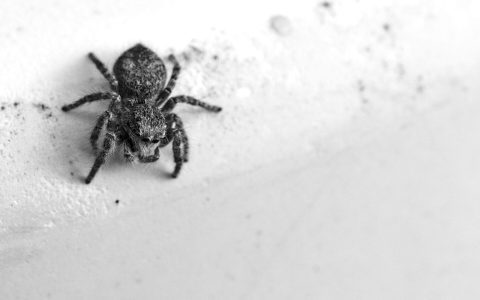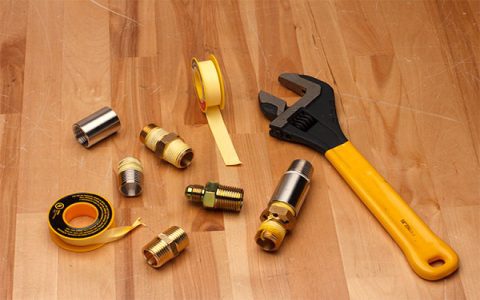Tiny black bugs in the bathroom are commonly attracted to the persistent moisture and organic matter found in these areas. Identifying the specific pest is key to effective control.
Common Tiny Black Bathroom Bugs
Two frequent types of tiny black bugs you might encounter include:
- Drain Flies (Psychodidae family): Often mistaken for small moths, these fuzzy, dark-winged insects are typically 1.5 to 5 mm long. They breed in the organic sludge that accumulates in drains, P-traps, and overflow pipes. You'll often see them resting on walls near sinks, showers, or bathtubs. They feed on bacteria and decomposing organic material.
- Springtails (Collembola order): These are minute, wingless insects, usually 1-2 mm long, though some can be larger. They get their name from a forked appendage (furcula) under their abdomen that allows them to "spring" into the air when disturbed. Springtails thrive in damp environments and feed on mold, mildew, and decaying organic matter. They may be found near leaky pipes, under sinks, in damp grout, within toilet tanks, or around floor drains.
Addressing an Infestation
Effective management focuses on eliminating their breeding grounds and reducing moisture:

- Clean Drains Thoroughly: Regularly clean all bathroom drains using a stiff brush and a suitable drain cleaner to remove hair, soap scum, and other organic buildup. Pouring boiling water down the drain can also help.
- Reduce Moisture and Humidity:
- Repair any leaking faucets, pipes, or toilets immediately.
- Ensure good ventilation. Use an exhaust fan during and after showers, or open a window if possible.
- Wipe down wet surfaces, including shower walls, bathtubs, and countertops.
- Address any dampness in walls or under flooring.
- Seal Entry Points: Caulk cracks and crevices around pipes, tiles, windows, and baseboards to prevent entry and eliminate hiding spots.
- Regular Cleaning: Keep the bathroom clean to remove food sources like mildew and organic debris.
For persistent or severe infestations, consulting a professional pest control service is advisable to ensure complete eradication and prevent recurrence.










